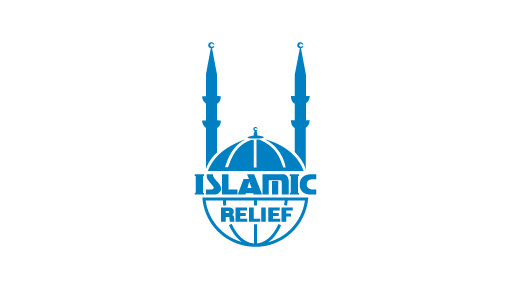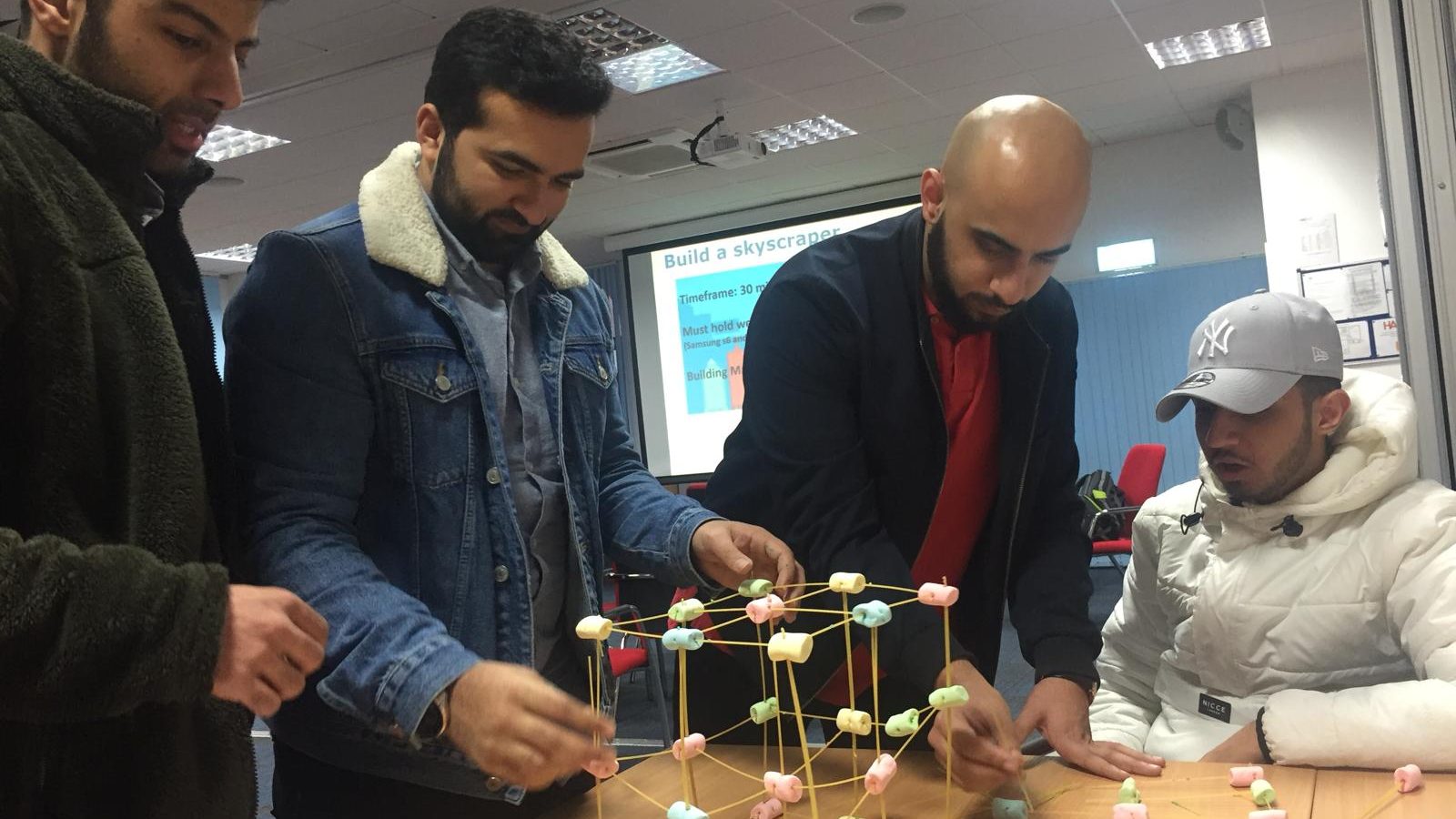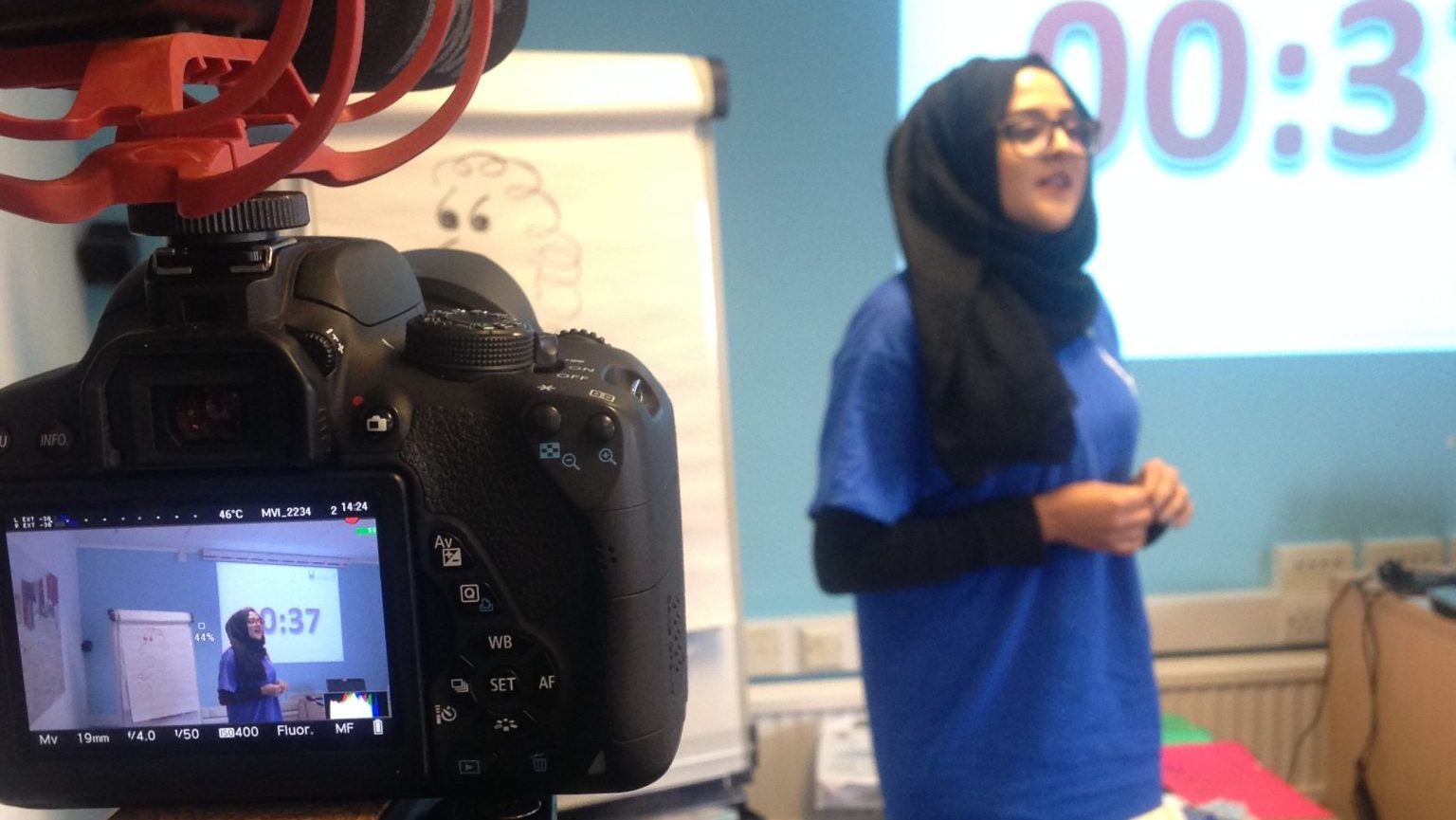
In 2016 Islamic Relief made the decision to change how it trained its volunteers in order to reduce turnover and stand out in a competitive market place. The Volunteer Leadership Programme was created and 1000 volunteers registered for one of 30 places.
Impact from the year-long accredited programme is already evident with money raised by trained volunteers for Ramadan 2018 equating to three times the amount of the direct costs needed to run the leadership programme.
Islamic Relief
Date 2018
Region West Midlands
Size 1000+ employees
Sector Charities and not-for-profit
participants now in leadership roles
volunteers who completed year 1 programme
£ impact of each £1 spent on training
£m total raised by Islamic Relief in 2017
Addressing volunteer retention
Islamic Relief is the largest Western-based Muslim charity in the world and strives to alleviate suffering, hunger, illiteracy and diseases worldwide without regard to colour, race or creed. In 2017, it raised £110 million, predominantly from the Muslim community. It relies heavily on its volunteers, as Head of Learning and Development Stephen Terry explains, “volunteers are the essence of Islamic Relief – they are the life-blood of what we do.”

Aware that it needed to address issues around recruitment and retention, Islamic Relief UK in partnership with the Humanitarian Academy for Development (HAD) created a volunteer engagement strategy with a high level of input from the volunteers. The organisation realised that by creating an ILM-accredited programme it was up-skilling volunteers and investing in them, in order to create a pool of loyal team coordinators and future leaders.
A hands on approach
The programme was interactive and had a strong focus on experiential learning. Topics covered included: a crisis communications session at a television studio, team working, employability skills, public speaking and event management. Mentoring was embedded throughout the programme.
Volunteer Leadership Programme graduate Shamim equates the skills she has learned and the confidence she has developed with the fact that she was recently elected as a local authority Councillor.
The mother of four, who initially became involved with Islamic Relief through their Cake4Syria campaign, has raised over £100,000 for various campaigns and has even climbed Mount Kilimanjaro to raise funds.
Attracting global interest
Twenty four volunteers completed the programme with nine of these going on to undertake paid employment with Islamic Relief.
The scheme has been so successful that what was originally planned as a one-off trial has now gone into its third year.
As Terry says, “we’ve had interest in running the programme from as far away as the Middle East and America. We’d need to look at how this would work in different contexts but we’ve obviously created a formula that works.”
Return on Investment figures certainly support this. Using industry standard methodology Islamic Relief has determined that for every £1 it spends on training, it is getting £7 back in value from the work it does.
Coupled with improved volunteer employment prospects, a pool of potential future leaders and an increased quantity and quality of fundraising events taking place, Islamic Relief has created an innovative and inclusive programme that is much in demand and is attracting global interest in the humanitarian sector.


0 Comments